Developing an Organizational Culture That is Responsive and Flexible
The 'Ground Zero' piece focuses on how organizations are rising to the challenges of creating an effective and inclusive internal culture by deploying plural and informal means.
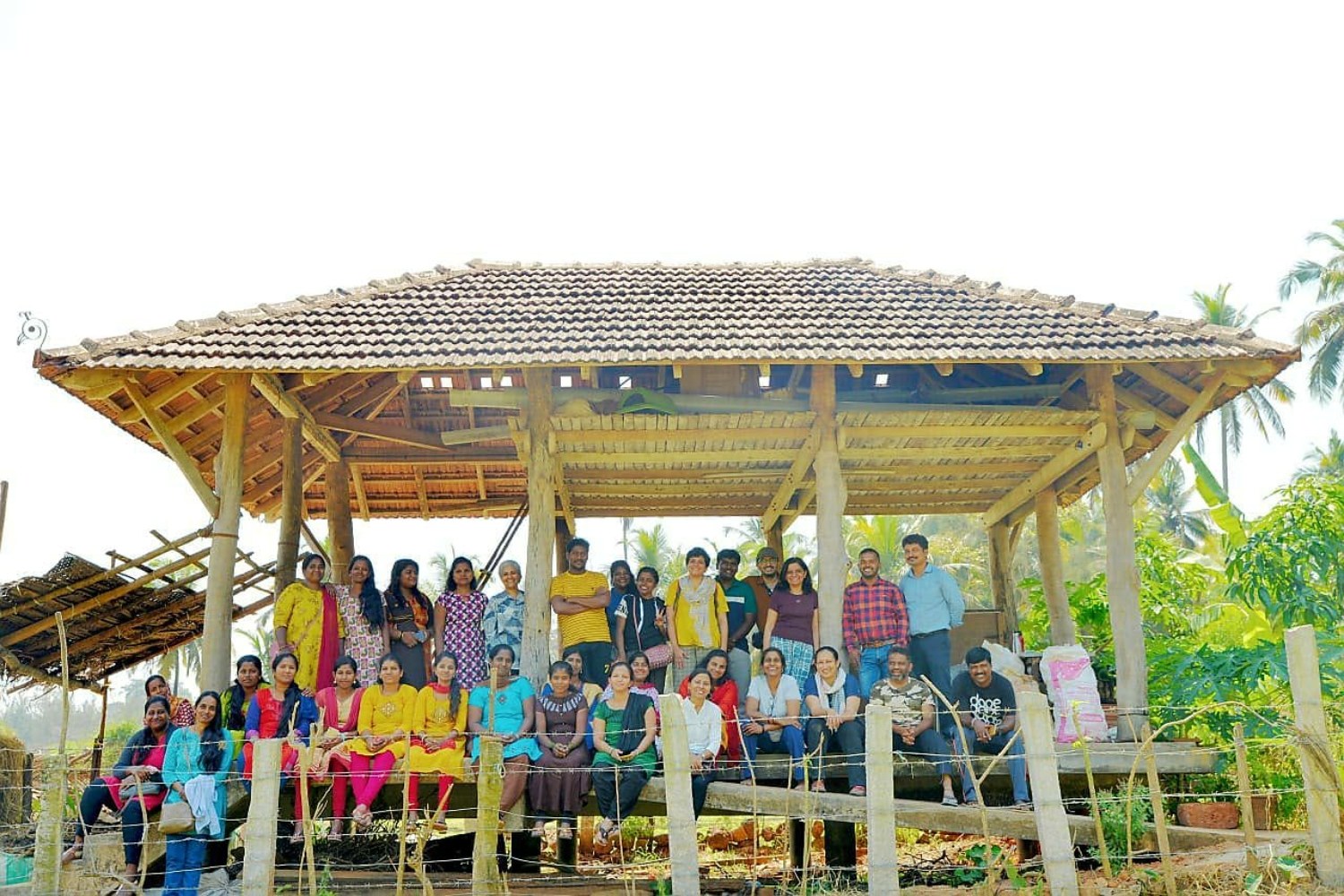
Nonprofits with strong cultures are better positioned to serve their beneficiaries and the larger cause. What methods are organizations adopting to operate with purpose and synergy?
How effectively a nonprofit contributes to a cause is mostly determined by how it unfolds shared values, vision and mission in its day-to-day work. Over the last few years, nonprofits have actively started reflecting on this, and other aspects of organizational culture, to strengthen themselves further. While values remain sacrosanct, the approaches to reinforce those values are diverse. Organizations such as Gubbachi (Karnataka), Maarga (Karnataka), ASWA (Telangana and Andhra Pradesh), Shiksharth (Chhattisgarh) and Patang (Odisha), for instance, have preferred to implement a responsive and flexible approach to organizational culture.
The journey of these organizations and their accumulated experiences offers interesting insights into the importance of identifying the values that guide the organization, the process of translating these values into day-to-day operations, encouraging active participation from team members, and ways of assessing and reviewing organizational culture.
Identifying Values
Patang, a youth-led nonprofit organization based in Odisha, believes in developing young people’s potential through training, and by creating opportunities for them to use their knowledge, skills and power to stand up for equity and justice.
Nirupama from Patang says, “Patang was started as a platform for young people to learn and grow and take leadership for social change. We were very clear that one person should not run it but empower local youth leadership. The values of how we understand leadership, how we look at volunteering and learning, diversity, how we look at democratic values within the organization is at the core of our everyday functioning.”
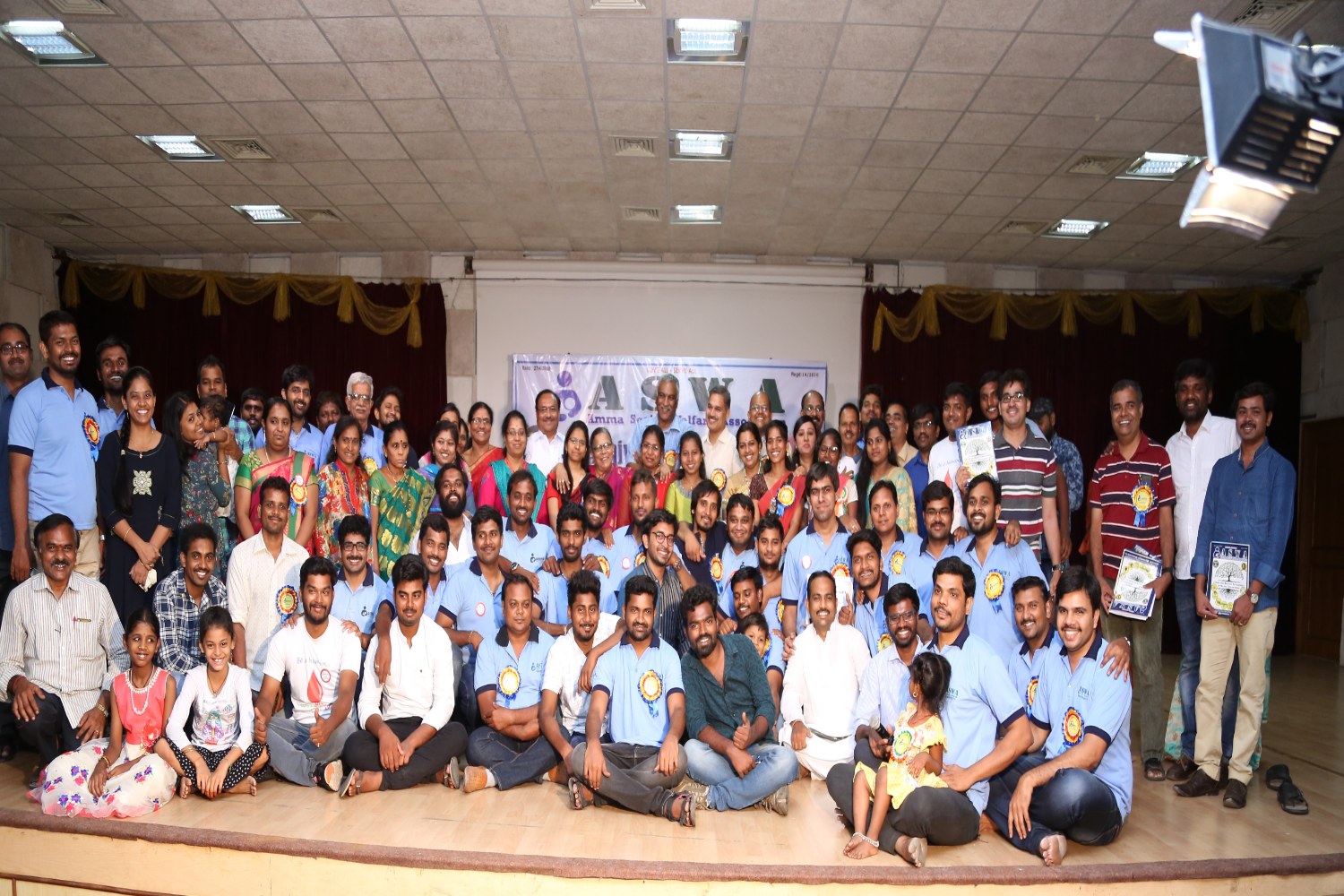
Patang volunteers go through a comprehensive self-exploration experience, which leads them to understand their responsibilities towards themselves and their communities.
“In the first year itself, we said it is time to think about the values that will guide us. We organized an extended workshop with a facilitator in identifying the values that resonated with us, and we took the values down to the team…” – Somya from Gubbachi
This immersive experience takes them on a self-to-society journey, and supports them to work on causes like education, child rights, women’s empowerment, etc. in their own communities or in partnership with other organizations.
Amma Social Welfare Association (ASWA), another volunteer-focused organization from Hyderabad, believes that serving other humans is not a favor but our responsibility. The organization focuses on language and literacy interventions in government schools, well-being programs, blood donation drives, and financial support for disadvantaged students, food distribution, and relief activities in Telangana and Andhra Pradesh.
Volunteers from across various age groups are encouraged to join ASWA and contribute just one hour per month. The guiding values and principles followed by ASWA are transparency, quality over quantity, equality, democracy, and collaboration.
Sreenivasa from ASWA says, “By itself, volunteer-[driven] organizations don’t have any power. The power comes from responsibility. Our duty, when we work with volunteers, is to help them understand the value of responsibility, and the importance of managing relationships.”
The cofounders, core members and volunteers – all work together on important events. ASWA ensures that it’s not just the founders or the core team members who get to be in the limelight. It is fundamental for the ASWA team to give out the message that everyone is equal and must support each other.
Started in 2015, Gubbachi Learning Community works for the educational inclusion of out-of-school children in Bangalore. It is perhaps one of the few organizations that we spoke to that identified their values through a structured process.
Somya from Gubbachi says, “In the first year itself, we said it is time to think about the values that will guide us. We organized an extended workshop with a facilitator in identifying the values that resonated with us, and we took the values down to the team.
We keep coming back to it, and we have found that it has worked well in terms of modeling behavior.”
The Gubbachi team has decided to only focus on delivering their programs at a micro-level and achieving consistency and completeness instead of scaling.
“Operationally, we are very fluid. There are some things that we ask team members explicitly; but largely only intervene when necessary…” -Ashish from Shiksharth
Somya says, “We make our program visible to the stakeholders in the spirit of ‘authenticity’ – one of our main values. There are certain things we do and certain things that we don’t do. For instance, we call out knowledge gaps in facilitators and enable them before engaging with children. And among the things that we don’t do is that we don’t work with Children with Disabilities as we don’t have that expertise.”
Somya feels that authenticity can only be modelled through every action.
Shiksharth – which operates from Sukma, a Naxal-affected region in Chhattisgarh – is a nonprofit with many exceptions for organizational culture. They work for conflictaffected tribal children by improving access to safe spaces and providing contextually relevant education.
The line between personal and professional space doesn’t exist for Shiksharth’s team members in the conventional sense – all 20 employees live together in one house and work from the same area. In their experience, the conventional understandings of organizational culture don’t work for them.
Ashish from Shiksharth says, “The core team actively focuses on developing organizational culture. Operationally, we are very fluid. There are some things that we ask team members explicitly; but largely only intervene when necessary. The important values that we look out for in our team members are humility, perseverance, willingness to learn, and competency – in that order.”
Having a shared vision is what keeps the team together in an unsafe environment like Sukma. The Shiksharth team doesn’t follow any hierarchy. It believes that everybody is a co-owner of the organization.
“We make our expectations clear, and we make it clear what we want to achieve, but how we want to achieve we leave it for the members to decide,” adds Ashish.
Karnataka-based Maarga aims to unleash the process of self-actualization among youth from low-income communities in Bengaluru and to help them identify their potential. As an institution located inside a slum and run by a team of mostly women residents, Maarga has deep roots in the local communities.
Prabhakar from Maarga says, “We have a horizontal structure, and we promote women’s leadership. We work in an integrated manner but with a degree of independence. The main reason for this is that team members should be able to make timely decisions when they are in the community instead of waiting for confirmations from leaders.”
Approaches to Organizational Culture
Each organization has a different way of developing organizational culture. But mostly, the organizations that we spoke to appeared fluid, flexible, and informal in their approaches.
ASWA, for instance, has an informal induction process for their volunteers. The process spells out the whys and hows related to the organization and how volunteers can pitch in.
Sreenivasa from ASWA says, “We ask volunteers to be a part of a specific team – blood donation, school education, etc. We ask them to take on small responsibilities based on their interest. Generally, we avoid passive participation as we believe that only responsibility will take them to the next level.”
The organization faces specific challenges like volunteer availability for planned activities, and access to skilled volunteers. They have 50 active volunteers across eight projects and a few others at rest who are available if the need arises.
Odisha-based Patang tailors their approach depending on the group, its current level of understanding, and factors in language, region, and other cultural constituents.
Nirupama from Patang says, “We have to take volunteers from what they know to what they don’t know, factor in their life experiences, and then we move them towards pushing their boundaries. But first, we accept them as they are and wherever they are. When Patang was started in Odisha, we drew on the experience of running youth programs in Delhi. But we decided to factor in and tailor it to the needs and context of Sambalpur.”
Malaya from Patang adds, “We don’t see volunteers as instruments of change, rather we see them as partners in change. They are not a means to an end. But development of youth volunteers is an end in itself.”
“We have a horizontal structure, and we promote women’s leadership. We work in an integrated manner but with a degree of independence…” – Prabhakar from Maarga
When it comes to team members, the Patang team encourages accountants to participate in workshops to understand where funds are being used. The team also realigns and encourages movement of people from one project to another to promote intermingling, acquaintance, building big picture understanding and respect for each other’s work.
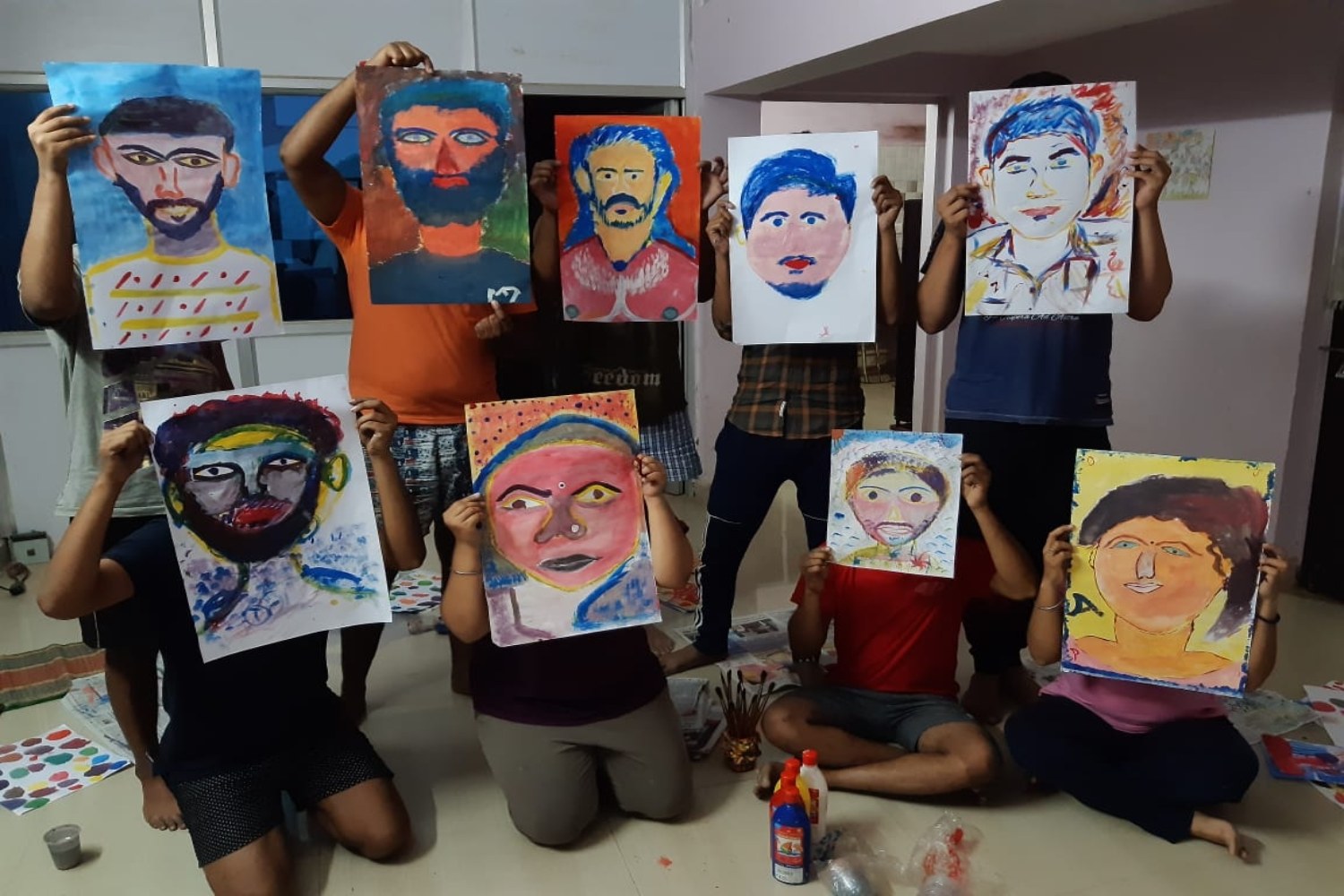
Gubbachi, on the other hand, endorses the ‘apprentice model’ where each new joiner is tagged to an experienced member of the team.
Somya from Gubbachi says, “We believe that a dry induction program doesn’t get new team members anywhere. The important thing is that they must know how the organization is organized. Doing this also helps us understand the person’s way of functioning and learn how things are working for them.” Review meetings are an essential element for enhancing teamwork and reflect the overall manifestation of organizational culture.
Prabhakar from Maarga says, “We have a review meeting every Saturday. These review meetings are meant for the volunteers to share their experiences, bitterness, or anxieties. Our volunteers are very raw and come from neglected families. They don’t have much understanding of society. The meetings help them understand issues in the larger context.”
According to Prabhakar, there is a marked difference in how the volunteers think after undergoing this process.
The Shiksharth team has a reflection process every month where individuals discuss the challenges they face in implementing organizational values.
Ashish from Shiksharth says, “In our work, perseverance is tested often. We are dependent on the government for permitting us, once a government school agrees to implement our program. Sometimes it takes months to get these permissions. To add, the overall environment here is anti-Civil Society Organizations. Our team navigates through collapsed systems every day, often coming face to face with matters the administration doesn’t want them to see. The monthly reflection process helps put things in perspective and prioritize.”
“We have failed a lot of times. We struggled a lot handling the team. It has all been self-taught.” -Ashish from Shiksharth
Like many organizations, Shiksharth doesn’t have an allocated budget for training or workshops on organizational culture, nor are facilitators ready to visit Sukma to deliver these. Sixty percent of their funding is from individual donors and reserved for field operations only.
“We have failed a lot of times. We struggled a lot handling the team. It has all been selftaught,” adds Ashish. Only two women work for Shiksharth currently – understandably, many are reluctant to come to Sukma. But the Shiksharth team is committed to making the team well-balanced with respect to gender. It has encouraged women’s participation by offering privileges like better pay packages, period leaves, and better living conditions to make women feel welcome.
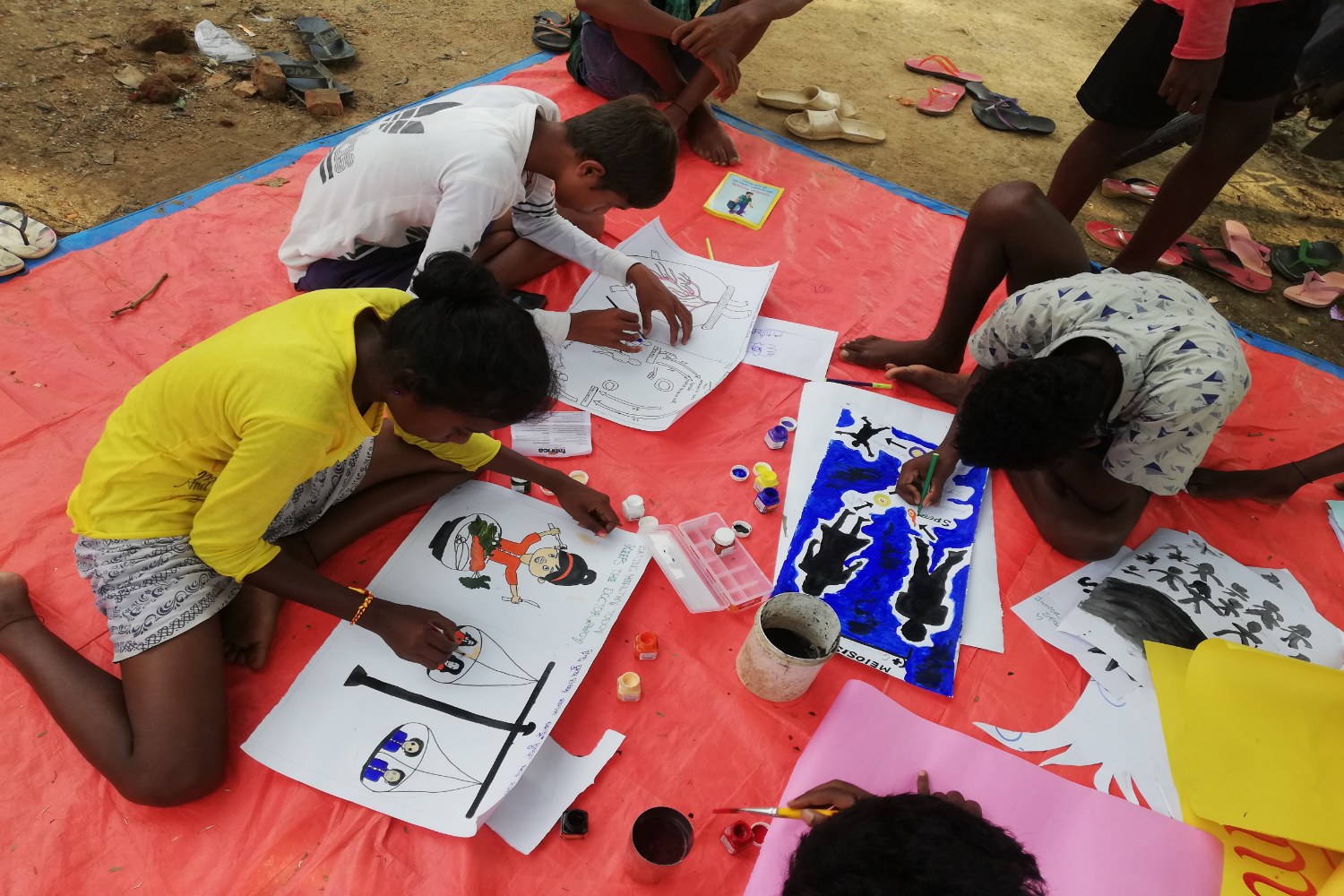
For Gubbachi, their emphasis on organizational culture showed its effectiveness when the team came together to tackle the challenges caused due to pandemic lockdowns in March 2020.
Somya from Gubbachi says, “After addressing the immediate challenges of the pandemic, it was the team that said distributing groceries is great, but when can we start working on education? The team said that they could not sit back – if the children cannot come here, we go to the children. Our ability to reflect on our value system, the respect that we give each other, is what guided us.”
By May 2020, the Gubbachi team had reached 37 government schools and distributed worksheets to children from disadvantaged communities. Gubbachi teachers have been working with children in safe, semi-open community spaces as schools remain closed.
In Conclusion
Organizational culture ‘checklists’ and quick fix managerial processes have little or no relevance in the fluid and diverse environment in which Indian nonprofits operate. Founders across the organizations we spoke to have mostly focused on authenticity and building trust. In fact, many organizations are preferring to leave out highly competent people if they feel they could be cultural misfits and have refused to work with funders who seemed only interested in optics and photoops. Building human relations, ascertaining long-term effectiveness of processes, fostering adaptability of team members, and encouraging learning through immersion are some of the areas which organizations have prioritized.
Developing organizational culture is an unceasing exercise that needs strategic review from time to time. But it is also a process that requires a significant amount of investment of time and resources for better outcomes. Tight budgets, competing priorities, and dependence on funding cycles have been restricting organizations from taking professional help. For now, organizations continue to make incremental changes relying on their good sense and pragmatism.

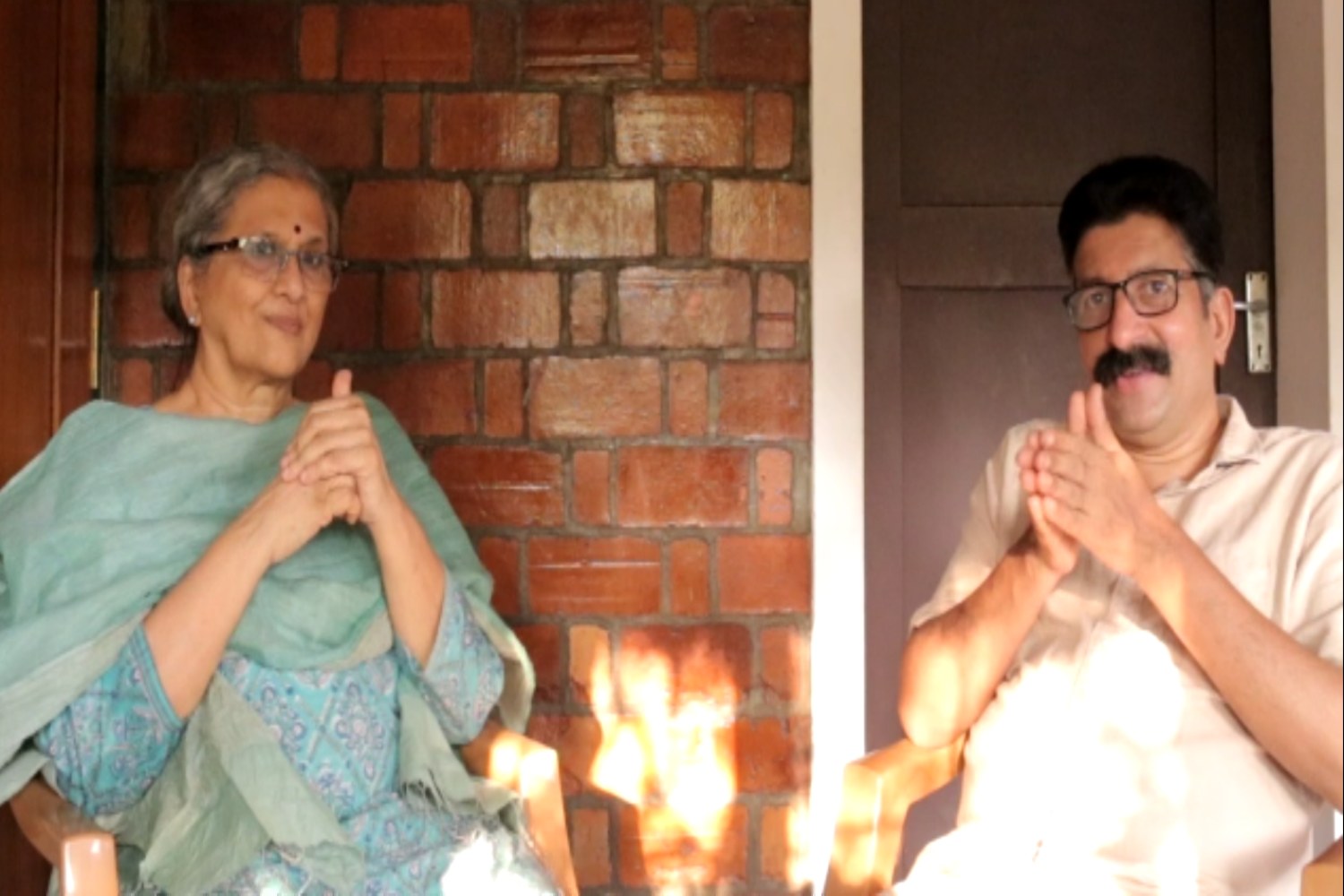
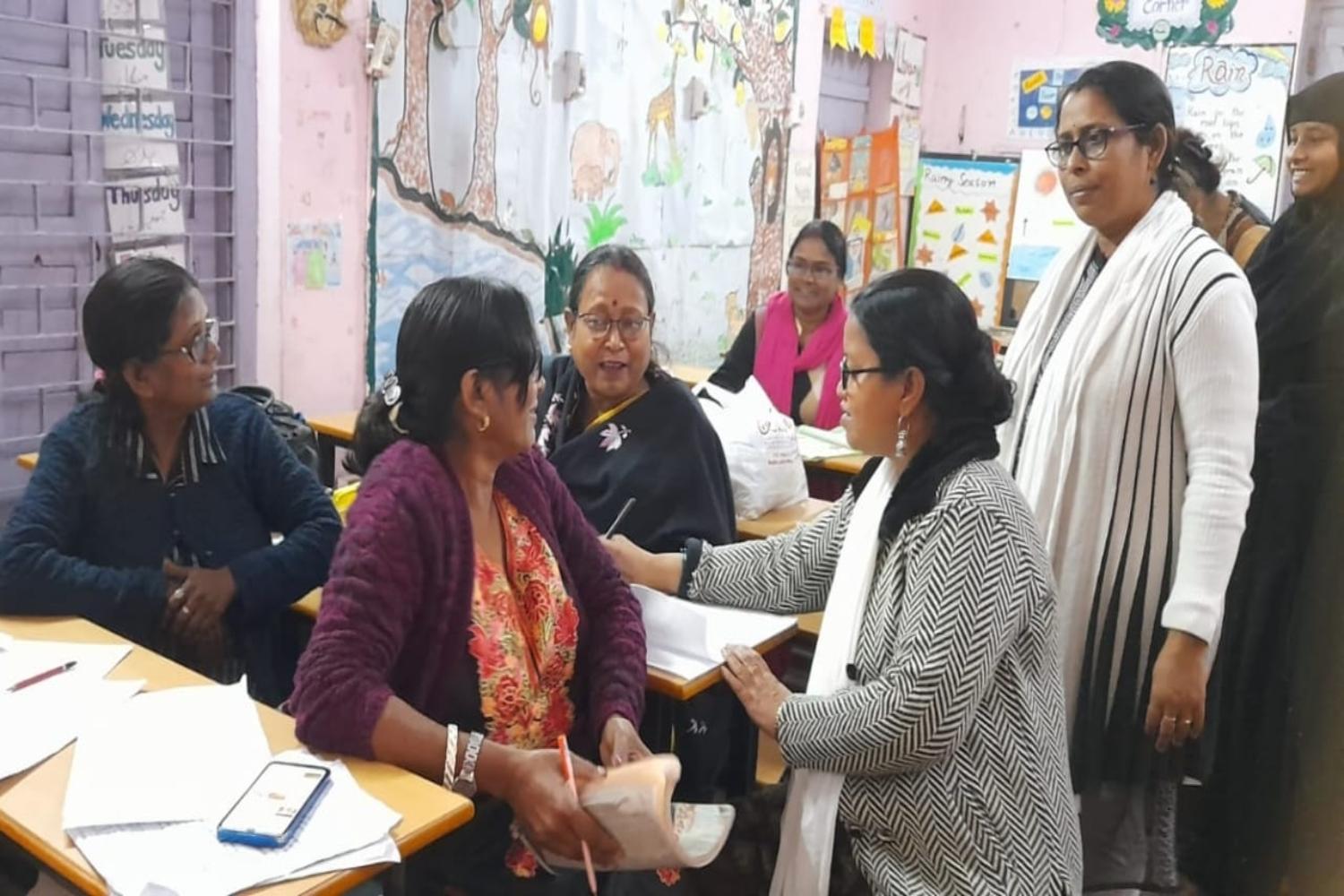
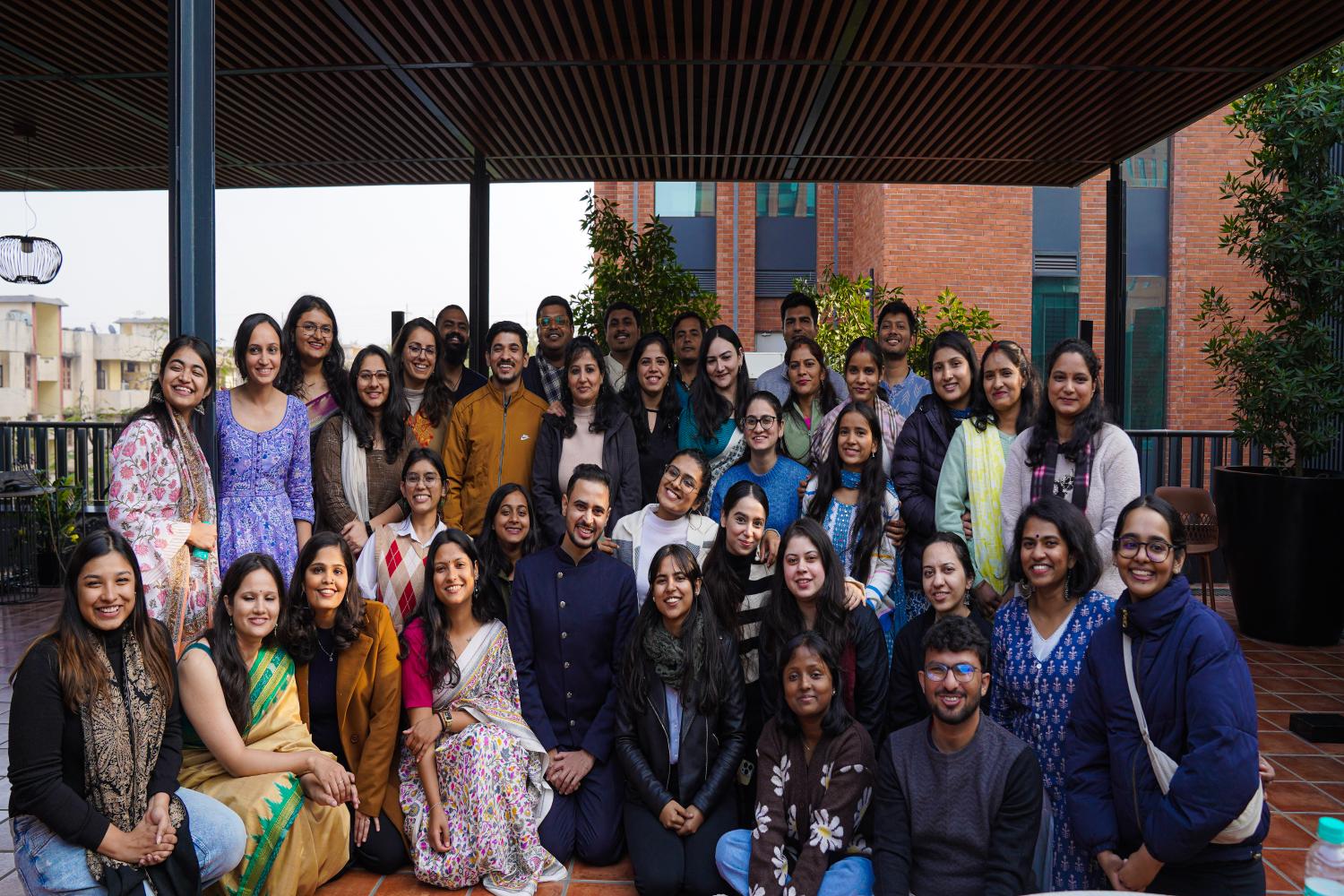
No approved comments yet. Be the first to comment!